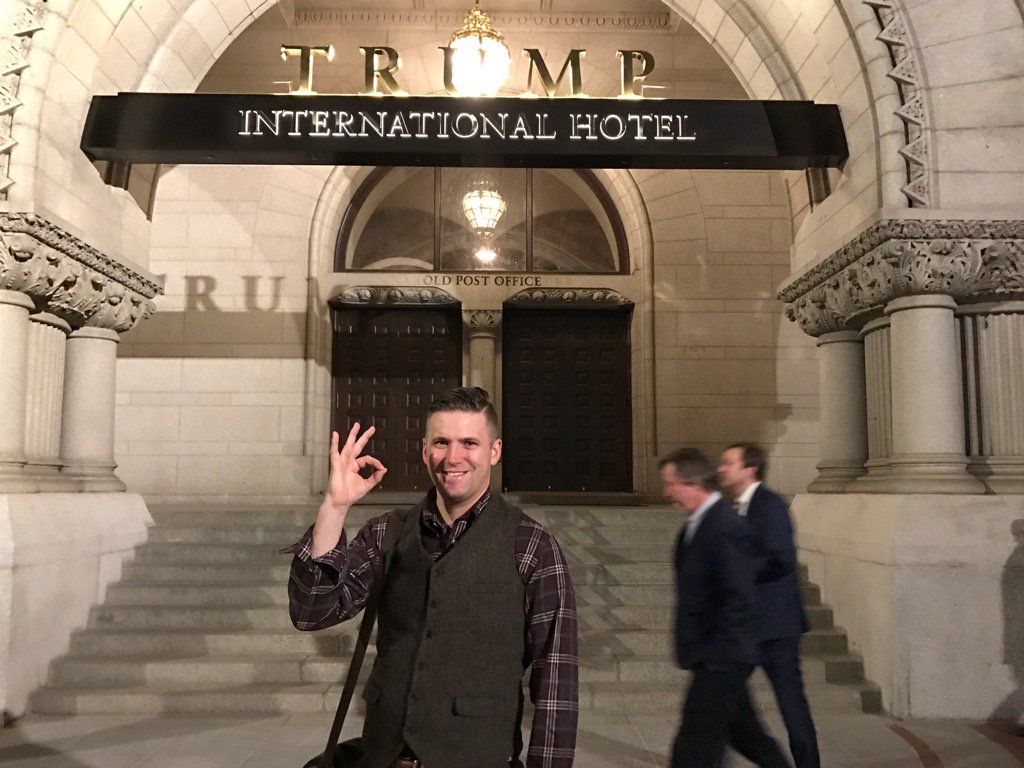meloshouldgo wrote:In the interest of fairness - if you want to read how the High Preist of Neoliberalism defends deregulation by artfully deflecting frompolicy making to budget numbers, claiming deregulation was aleready in place and derivatives were already regulated. You can read it all here https://www.heritage.org/report/the-myth...
Didn't have time to do this before - but below is a case study of how right wing propaganda works. Here is one classic examples from the above "analysis"
The False Narrative of DeregulationThe role of deregulated financial markets was central to the political narrative that explained the 2008 financial crisis. For instance, shortly after the crisis, House Speaker Nancy Pelosi stated that “the Bush Administration’s eight long years of failed deregulation policies have resulted in our nation’s largest bailout ever, leaving the American taxpayers on the hook potentially for billions of dollars.”[1] Similarly, in the second presidential debate that year, Barack Obama asserted that “the biggest problem in this whole process was the deregulation of the financial system.”[2] At best, these types of statements are a complete mischaracterization of policy changes during the Bush years.
Regulation can be measured in many different ways, but various metrics show that financial markets were not deregulated during the Bush Administration.
Immediately he starts to deflect the conversation
In terms of rulemaking—that is, the promulgation of specific rules by regulatory agencies—federal financial regulations imposed a net cost on the economy for the eight years of the Bush Administration. In other words, even though some federal regulations during these eight years reduced burdens, the overall impact of the rulemakings increased the cost of regulation. Data provided by the agencies themselves show that the major regulatory changes (defined as those with an economic effect of $100 million or more) cost the economy more than $2 billion (in constant 2010 dollars) from 2001 to 2008.[3]
It is also helpful to examine the total budget of regulatory agencies because much of their work takes place in day-to-day activities rather than in formal rulemaking activities. Excluding the Securities and Exchange Commission (SEC), the total budget of federal financial regulators increased from approximately $2 billion in fiscal year (FY) 2000 to almost $2.3 billion in FY 2008.[4] During the same period, the SEC’s budget increased from $357 million to $629 million.[5] Total staffing at these agencies basically remained steady during this period, at close to 16,000 employees.[6] Thus, federal financial regulators’ budgets increased, and their staff levels were not cut.
All of these statistics for the Bush Administration are broadly consistent with longer-term trends as well. For example, outlays for banking and financial regulation increased from $190 million in 1960 to $1.9 billion in 2000, while staff rose from approximately 2,500 employees to more than 13,000.[7] That is, long-term trends in both budget outlays and staffing suggest that regulation has been increasing steadily for decades. Not surprisingly, many who claim that deregulated financial markets caused the crisis ignore these types of metrics and, instead, point to specific legislative changes. In virtually all cases, though, these legislative changes have been mischaracterized as deregulatory.
The core of the argument presented here by a guy with a Ph.D is that regulation (and not deregulation) increased in the Bush years because the overall budget and the number of employees of the regulatory agencies increased. Notice how he fails to talk about the actual laws resulting in deregulation but only gives budget numbers to support his claim? Rather clever isn't it?
Then he talks about how the budget of regulatory action went from $190 Million in 1960!!! to $1.9 Billion in 2000 - Wow a 10 fold increase!! So that must mean more regulation,not leass. Right? Sure, as long as you can't do math. What he carefully doesn't say is how much the size of the Finance sector changed in the same period of time, that's the industry the regulators are supposed to regulate. - Instead he pulls out numbers in isolation to make the case for a utter falsehood that he promotes as a fact.
Now let's look at what made the economy grow in all those years, shall we?
https://tcf.org/content/commentary/graph...
What percent of US economy is financial services?
The services sector is an important part of the U.S. economy. According to BEA, in 2009 services accounted for 79.6 percent of U.S. private-sector gross domestic product (GDP), or $9.81 trillion. Services jobs accounted for more than 80 percent of U.S. private-sector employment, or 89.7 million jobs.
In 1960 if a regulatory Agency had 100 employees to regulate a 1 Billion dollar industry and they grew in budget to 300 employees by 2008 to regulate a 10 TRILLION dollar industry it means more regulation!!! And this mofo has a Ph.D. See how his "analysis" carries weight for the readers of Heritage.org? Now you can do this to every piece of his article, but what's the point? His audience is people who can't or won't think for themselves.



